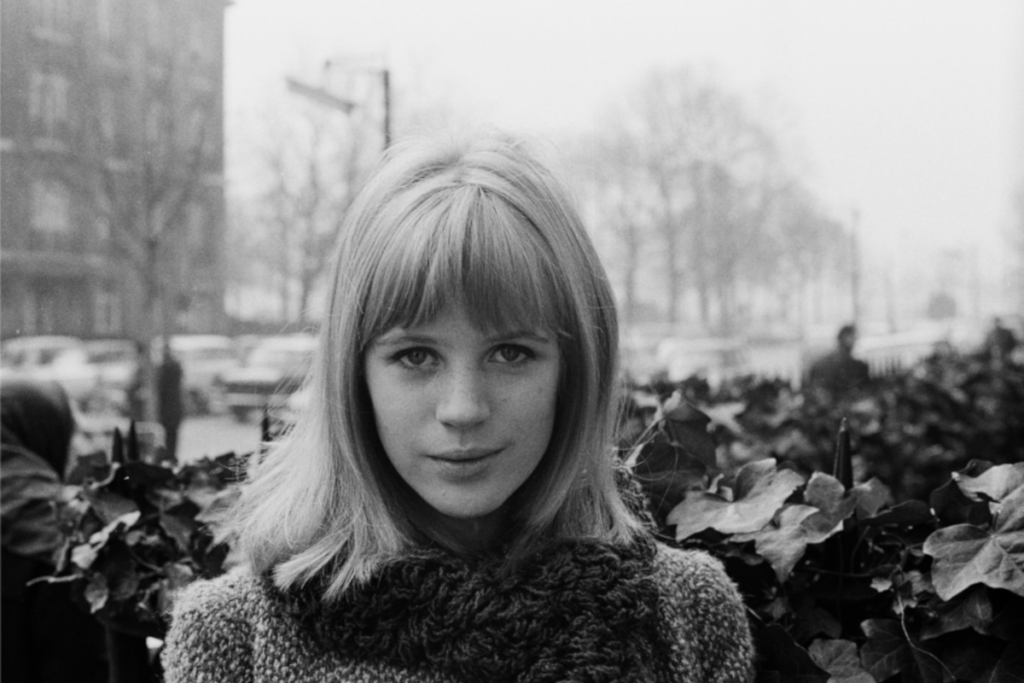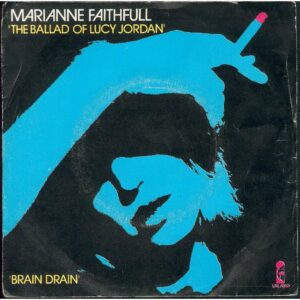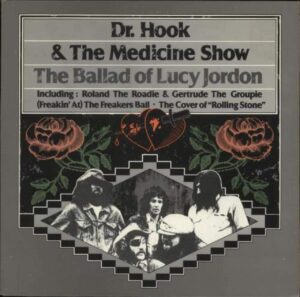Pour ce 5e épisode, nous allons évoquer une chanson qui signa le retour dans la lumière dune égérie des sixties.

You can find a summary in English below.

Le clip de Marianne Faithfull est là

Pour écouter la version originale de Dr Hook, c’est ici
For my Friends who don’t speak French a summary in English. I hope it can help to follow what I say :
For this 5th episode, we are going to evoke a song which marked the return under the spotlight of a muse of the sixties.
Sample of the cover
In 1979, Marianne Faithfull released her album Broken English, which contained the hit: « The ballad of Lucy Jordan ». An unhoped return to grace , after a rather difficult 70s, particularly due of her addiction to cocaine which had a great impact on her career. She had started very young with a first album in 1964. At barely 17 (« at the age of 17 » LOL), she was the first to record « As tears go by », which was the first original song written by the duo Jagger-Richard. Given the success of Faithfull’s version, the Stones will also record this piece. Having become Jagger’s companion, she will co-write the title « Sister Morphine ». Again, she was the first who recorded the song in 1969, while the Stones would record it 2 years later. But sharing the drugs and rock’n’roll life of the stones is not easy. And the English tabloids will be even more violent with her than with her male acolytes, in particular with her arrest by police, naked under a carpet of furs as a piece of clothing. About this incident, she said:
« It destroyed me. To be a male drug addict and to act like that is always enhancing and glamorizing. A woman in that situation becomes a slut and a bad mother. »
Let’s go back to the song of her comeback. Let’s start with an sample of the original version.
Sample of the original version
This song, written by the American poet Sheldon Silverstein, was released in 1975, performed by Dr. Hook and the Medicine Show under the title « The Ballad of Lucy Jordon ». The name of the group is of course inspired by the charlatans who crisscrossed the far west to sell their « medicine ». Apart from the name Jordon being spelled with an O, the lyrics are the same in both versions. They describe the despair of a housewife in a suburban lodge who goes mad upon realizing that she missed out on her dreams. Faithfull’s broken voice, which no longer has anything to do with that of the young girl who sang tangy pop songs, gives a poignant force to the story of this woman who climbs the roof of her house, while the laughter and the pleasures she hears around her make her feel worse and worse. The other strength of this version, of course, is the stripped-down orchestration.
Steve Winwood’s solitary synthesizer gives the song a strange candor, a lightness that sows confusion between fantasy and reality. So at the end of the song, we don’t really know if the long white car is the sports car from the beginning or an ambulance…
I leave you with the poignant interpretation of Faithfull and I say see you soon for a new episode of Ils Ont Repris Ma Chanson.